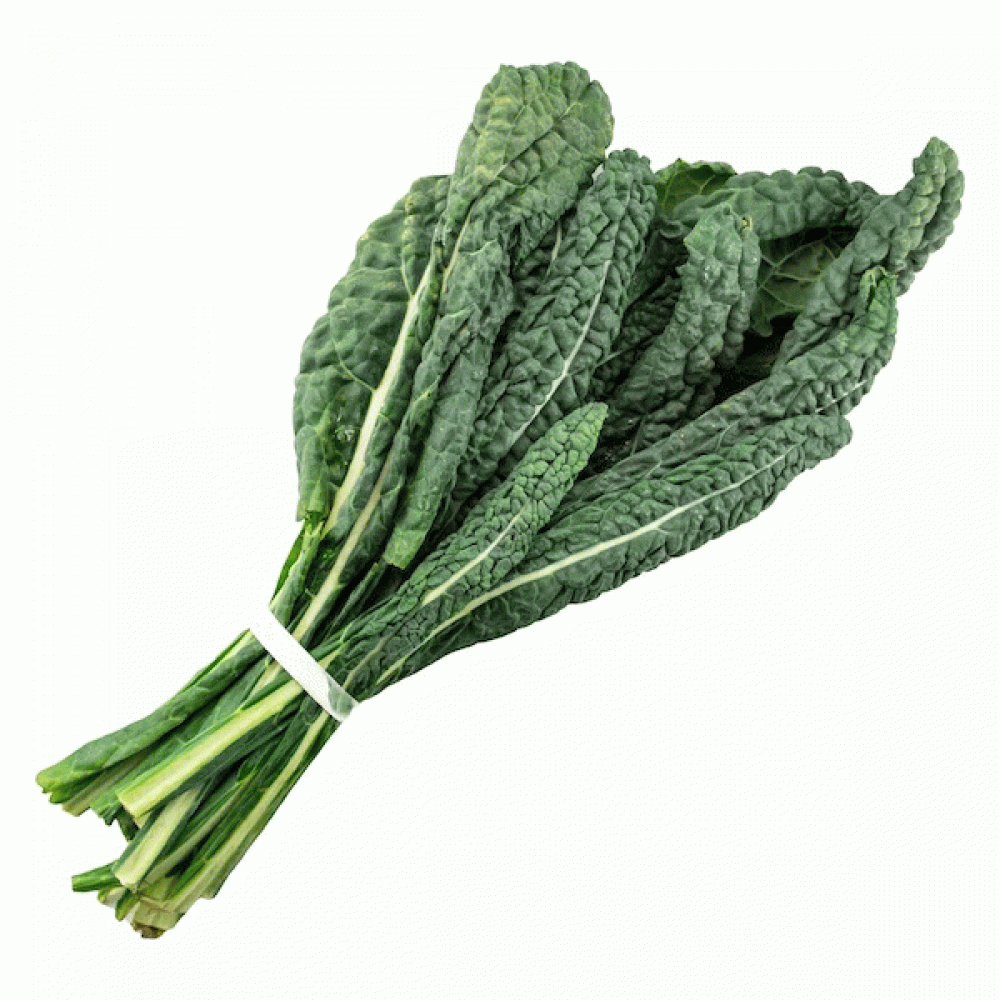Description
Origin:
Tuscan kale, also known as Lacinato kale, is native to Italy, particularly Tuscany, where it has been cultivated for centuries. It is also referred to as “dinosaur kale” due to its bumpy, textured leaves.
Other Names:
Yoruba:Efo Igbo
Igbo: kelụ
Hausa: kale
Health Benefits:
Rich in Antioxidants: High in antioxidants like beta-carotene, which help reduce inflammation and lower the risk of chronic diseases.
Supports Bone Health: A good source of calcium, magnesium, and vitamin K, all of which are important for maintaining strong bones.
Promotes Heart Health: Fiber, potassium, and vitamin C content support cardiovascular health by reducing cholesterol levels and blood pressure.
Boosts Immunity: High levels of vitamin C and iron improve immune function and energy levels.
Nutritional Information (per 100g):
Calories: 35 kcal
Protein: 2.9g
Carbohydrates: 4.4g
Fiber: 4g
Vitamin A: 206% of RDI
Vitamin C: 134% of RDI
Calcium: 9% of RDI
Iron: 6% of RDI
Fun Fact: Did you know?
In Italy, Tuscan kale is a key ingredient in the famous traditional soup called “ribollita,” a hearty dish that originated as a peasant meal using leftover bread and vegetables.
Uses:
Tuscan kale is often used in soups, stews, and salads. It can be sautéed, roasted, or blended into smoothies. The leaves are more tender than curly kale, making them ideal for raw preparations like salads or as a garnish.
Recipe & Video:
Local: Although Tuscan kale is not indigenous to Africa, it can be adapted in Nigerian recipes like Kale and Efo Riro. Kale Efo Riro Recipe
International: Tuscan Kale Salad Recipe – a healthy, raw salad featuring massaged kale and lemon dressing.

 Cart is empty
Cart is empty 










Reviews
There are no reviews yet